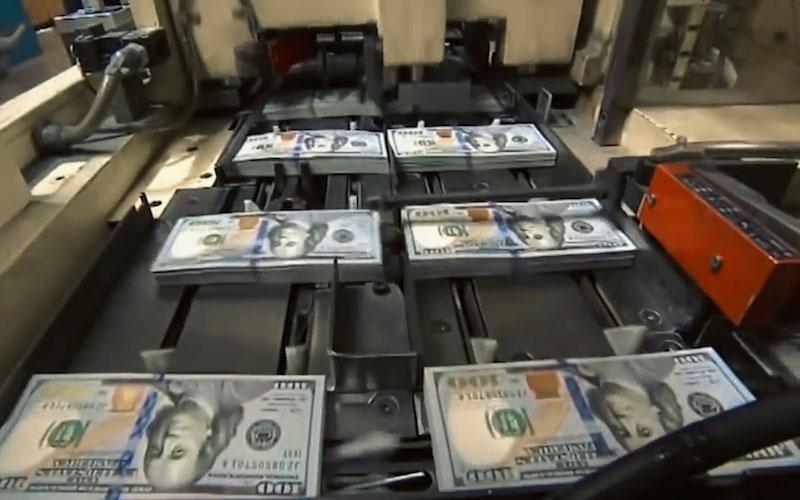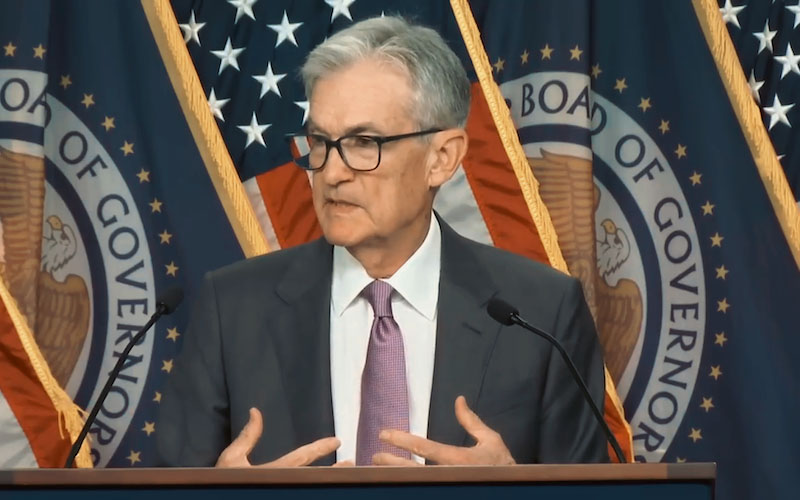US export license backlog crisis: Commerce Department turmoil leaves thousands of companies stranded, putting AI chip orders at risk
2025-08-04 10:34:18

The Ministry of Commerce's Approval Chaos: Behind the License Backlog
Internal turmoil paralyzes approvals
The Bureau of Industry and Security (BIS), part of the U.S. Department of Commerce, is responsible for approving export licenses. However, recent internal issues within the department have brought the approval process to a near standstill. According to two sources familiar with the matter, thousands of license applications have been held up due to internal administrative issues, and the approval process is at its worst in 30 years. While BIS is supposed to facilitate overseas trade and protect national security through efficient license approvals, the current disarray has alarmed businesses and policymakers alike.
Mismanagement and staff turnover
Jeffrey Kessler, the deputy director of the BIS who took office in March of this year, has been accused of excessive micromanagement of the department, leading to low morale. Shortly after taking office, he asked employees to limit communication with business representatives and industry officials, and even required that all meetings be recorded in a spreadsheet, adding unnecessary administrative burdens. In addition, attendance at meetings with other government agencies also required cumbersome approval from his office. This management style not only reduced work efficiency but also caused dissatisfaction among employees. Sources revealed that many experts chose to buy out or resign voluntarily, resulting in serious human resource losses within the BIS. The recent retirement of Dan Clutch, acting director of the BIS Office of Export Enforcement, further highlighted the crisis of senior talent loss.
Rulemaking stagnated
In addition to the chaotic approval process, BIS has also been slow to implement regulatory reforms and rulemaking. For example, the Biden administration planned to repeal a regulation restricting AI chip exports and promised to introduce new rules by May of this year, but has yet to fulfill its promise. Furthermore, regulations extending export restrictions to subsidiaries of blacklisted companies have been drafted for months but have yet to be published. These lack of rules has further exacerbated uncertainty within the business community.
Business fury: The cost of license backlogs
Billions of dollars in orders are at stake
Delays in license approvals have a particularly significant impact on American companies. The most notable case is Nvidia's license issue for exporting AI chips to China. On July 14, Nvidia stated that the US government had committed to issuing licenses for its H20 chips and hoped to begin shipments as soon as possible. Commerce Secretary Howard Lutnick and other officials had publicly confirmed that sales would be permitted. However, as of the end of July, Nvidia's licenses, which covered billions of dollars in AI chip orders, had still not been approved. An Nvidia spokesperson declined to comment, but the incident has undoubtedly heightened concerns among businesses about the efficiency of approval processes.
Loss of market share
Sean Stein, president of the U.S.-China Business Council, stated that the stagnation in license approvals has put the entire industry in a difficult position, particularly in the semiconductor manufacturing equipment sector. The long wait for license applications has led Chinese companies to turn to domestic or international suppliers, resulting in a steady loss of global market share for American companies. He warned, "The longer the delay, the more market opportunities we lose." This decline in market competitiveness not only impacts corporate profits but also threatens to undermine the United States' dominance in the global technology supply chain.
A glimmer of hope for allied exports
Despite the significant backlog, some licenses are slowly being approved, particularly for exports to US allies. Sources indicate that some BIS communications with businesses are continuing, particularly on specific issues surrounding license applications. However, these sporadic developments are far from alleviating the overall frustration within the business community.
The deeper problem: Dysfunction at the Ministry of Commerce
The double-edged sword of national security
The Department of Commerce argues that BIS's rigorous review process is intended to prevent the blind approval of licenses that could raise national security concerns. BIS's responsibility is to balance the promotion of overseas trade with the protection of U.S. technology, ensuring that sensitive goods and technologies remain out of the hands of countries or entities that could threaten national security. However, an inefficient review process makes this goal difficult to achieve. Some employees have criticized BIS for being overly cautious in its review process, resulting in numerous legitimate applications being unnecessarily shelved.
Key position vacancies
The turmoil within the BIS is also reflected in vacancies in key positions. For example, the position of export control officer stationed in China remains unfilled, and the departure of several senior professionals has further weakened the department's operational capabilities. Sources revealed that BIS's internal management issues have attracted widespread attention, but effective solutions appear unlikely in the short term.
The harsh reality revealed by the data
According to the latest data from fiscal year 2023, BIS takes an average of 38 days to process an export license application, and 2% of applications are rejected. While this figure appears normal, given the current backlog of applications, actual approval times are likely far higher than this average. Inefficient license approvals not only increase operating costs for businesses but also threaten U.S. competitiveness in global trade.
Summary and Outlook: How to solve the dilemma?
The backlog of export license approvals at the U.S. Department of Commerce not only exposes its internal management chaos but also poses a serious threat to the global competitiveness of American companies. From Nvidia's AI chip orders to the export of semiconductor manufacturing equipment, delays in license approvals are causing American companies to miss out on valuable market opportunities. The Department of Commerce needs to restore the normal operation of the BIS as soon as possible by optimizing management, filling key vacancies, and accelerating rulemaking. At the same time, communication between the government and the business community needs to be further strengthened to reduce uncertainty and boost industry confidence.
Against the backdrop of fierce global technological competition, if the United States fails to quickly resolve this issue, it will not only harm the interests of exporters but also threaten its core position in the global supply chain. Whether the Ministry of Commerce can regain its efficiency through reform will warrant continued attention.
Analysts point out that license approval delays have caused US companies, particularly in the technology and semiconductor sectors, to miss out on billions of dollars in export orders, such as the export blockage of Nvidia's AI chips. This could reduce corporate revenue, in turn affecting the economic performance of related industries and weakening market confidence in the US economy. Since the US dollar exchange rate is driven by economic performance and market sentiment, export blockages could trigger investor concerns about US trade competitiveness, leading to downward pressure on the US dollar in the short term. In addition, if companies turn to non-US dollar markets due to approval issues, it could further reduce demand for the US dollar.
- Risk Warning and Disclaimer
- The market involves risk, and trading may not be suitable for all investors. This article is for reference only and does not constitute personal investment advice, nor does it take into account certain users’ specific investment objectives, financial situation, or other needs. Any investment decisions made based on this information are at your own risk.





















